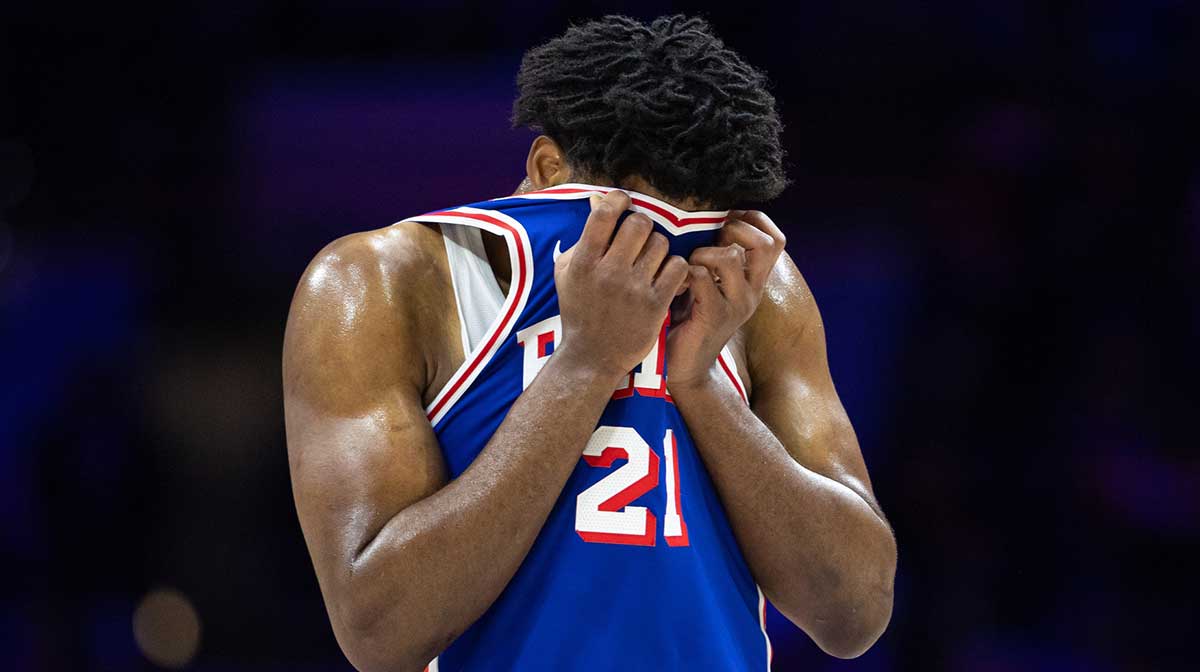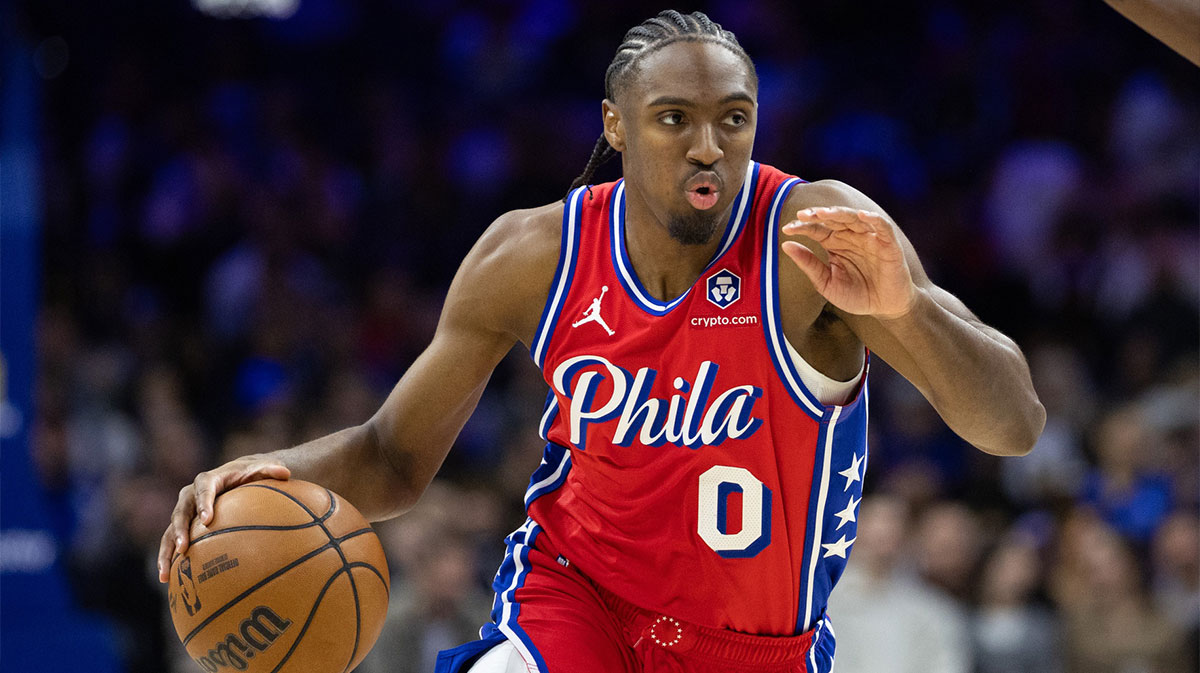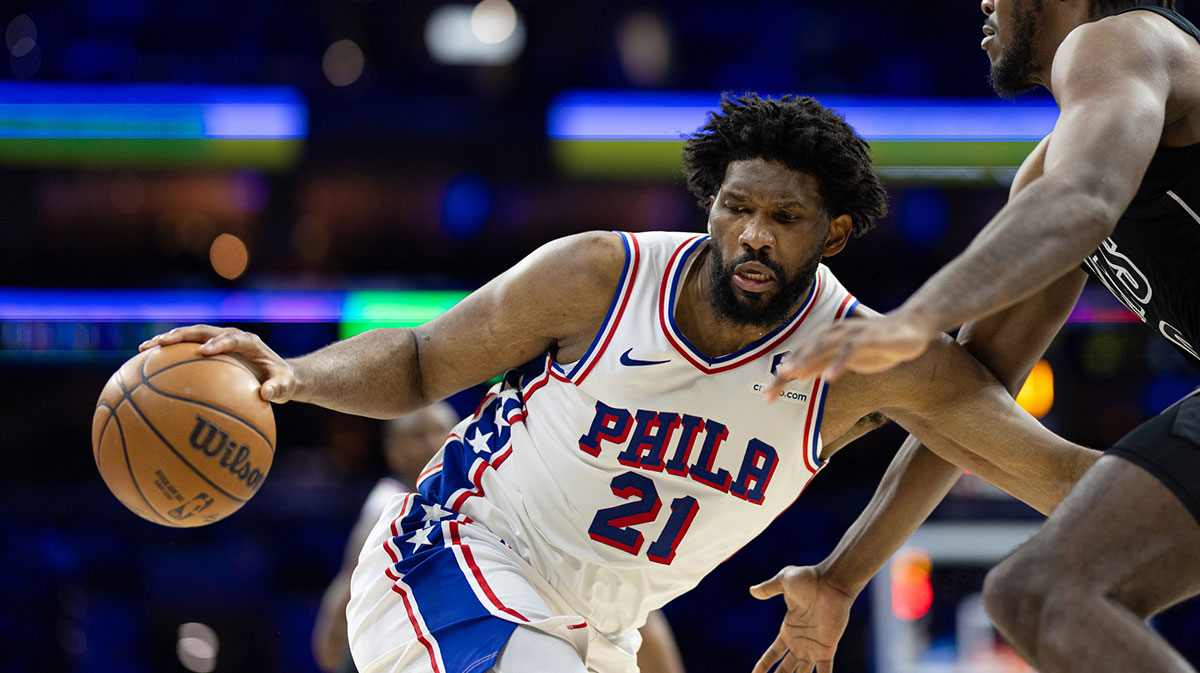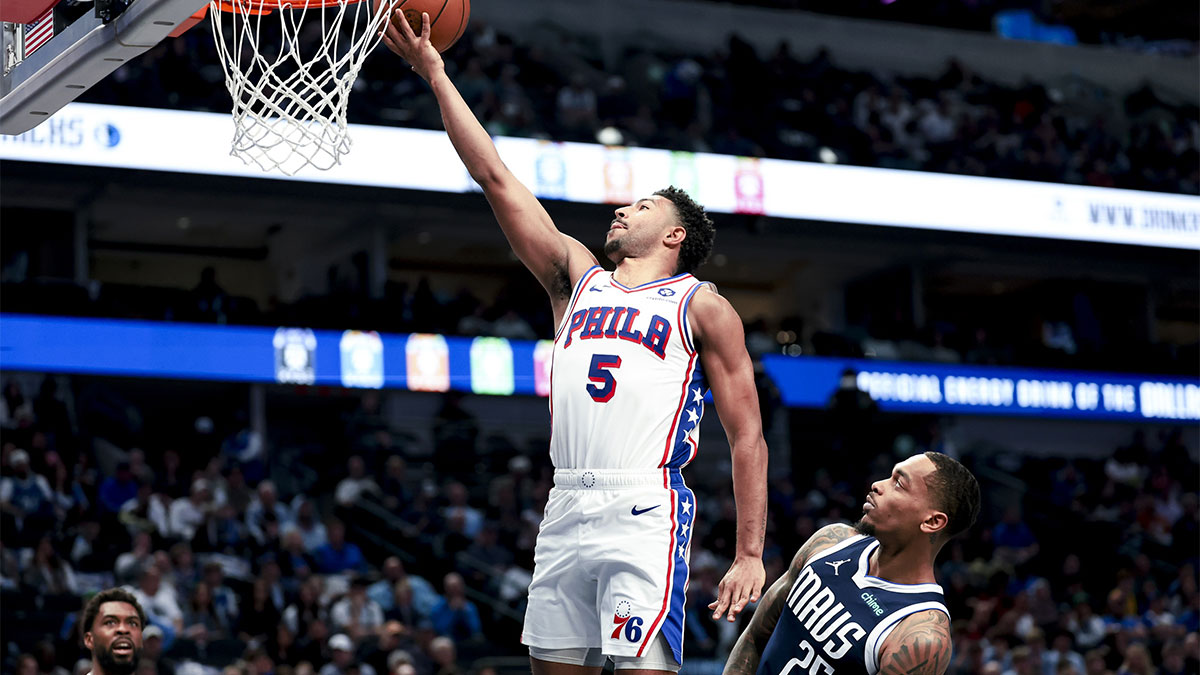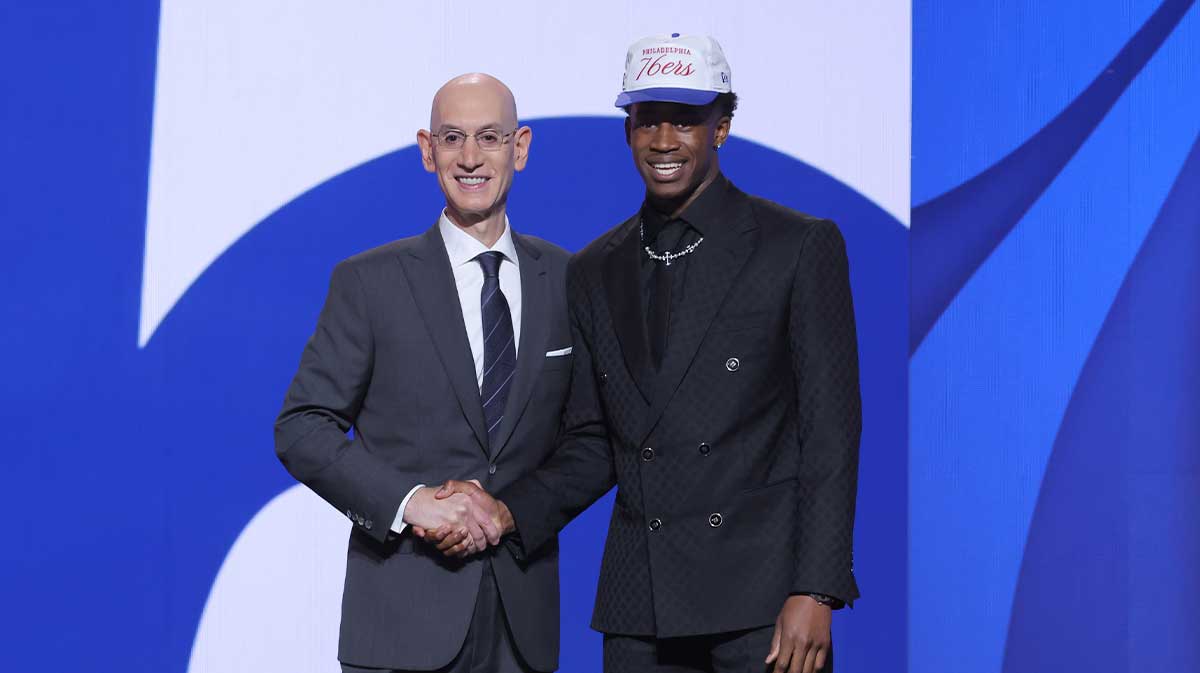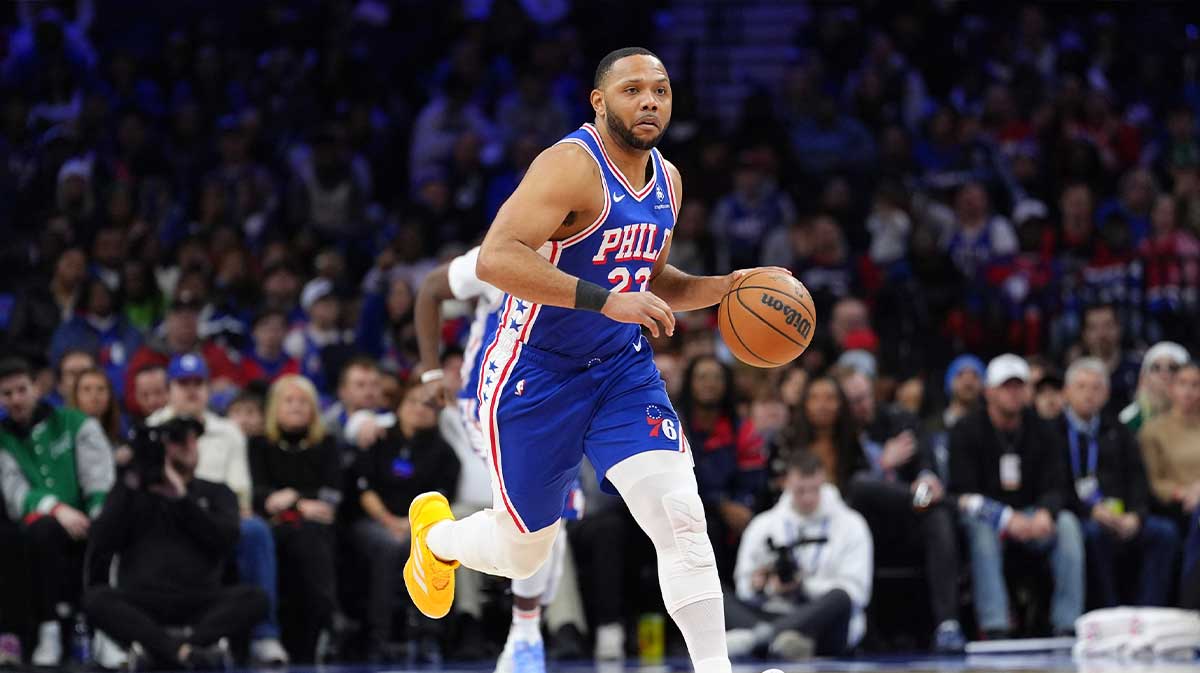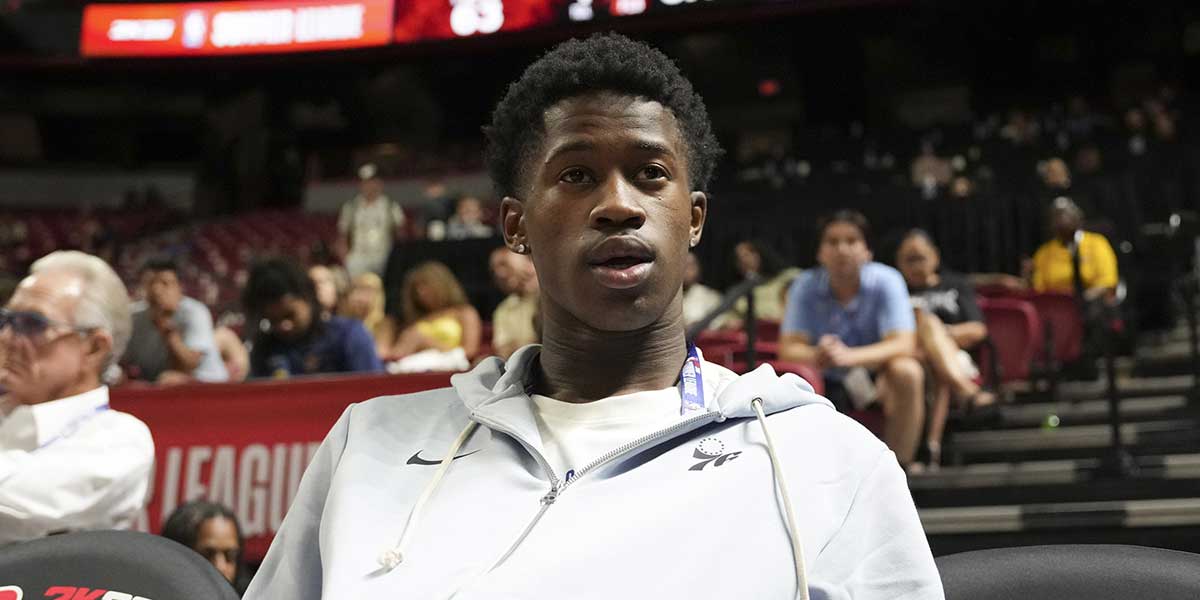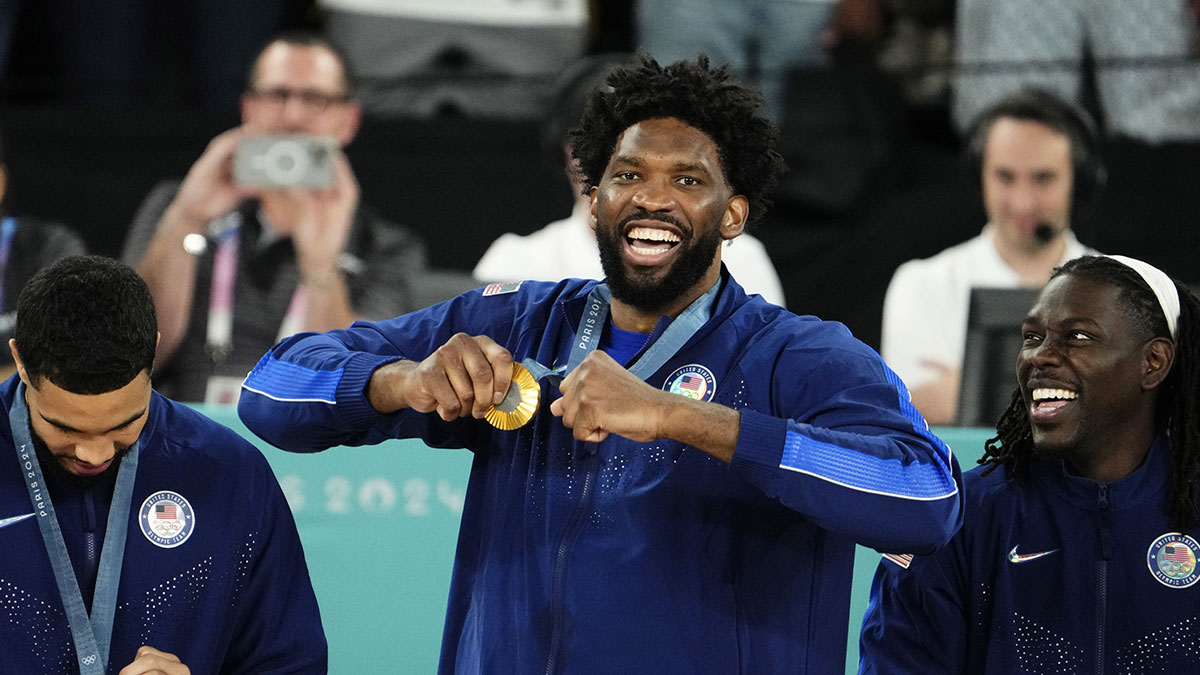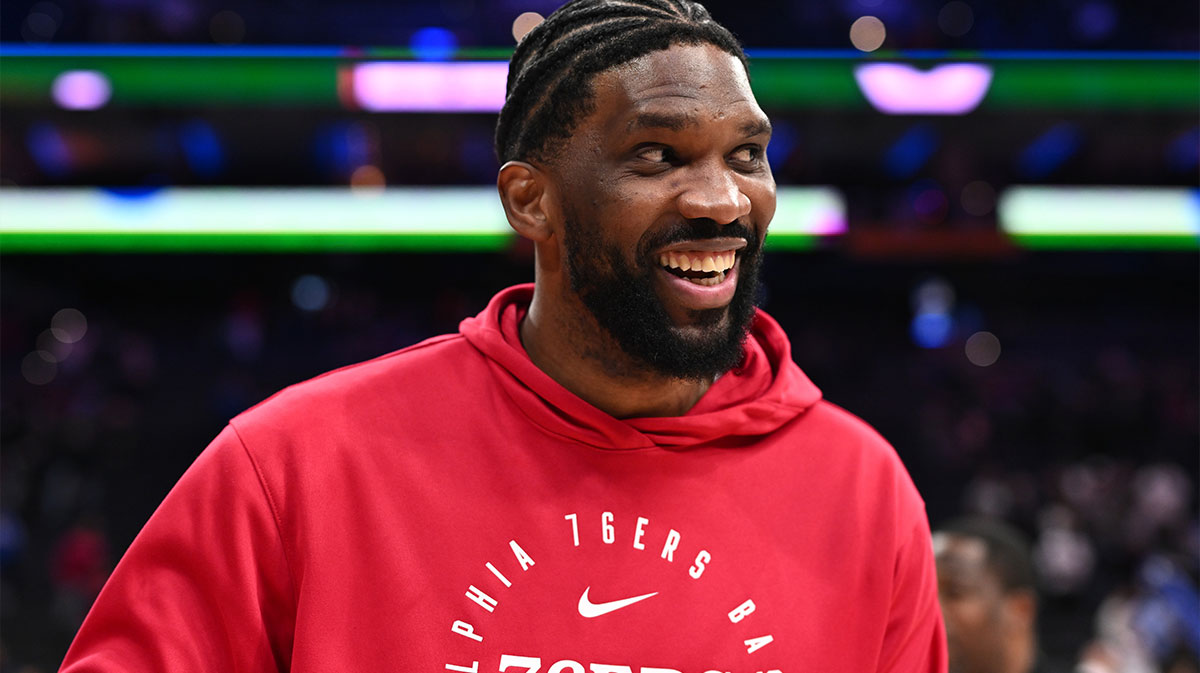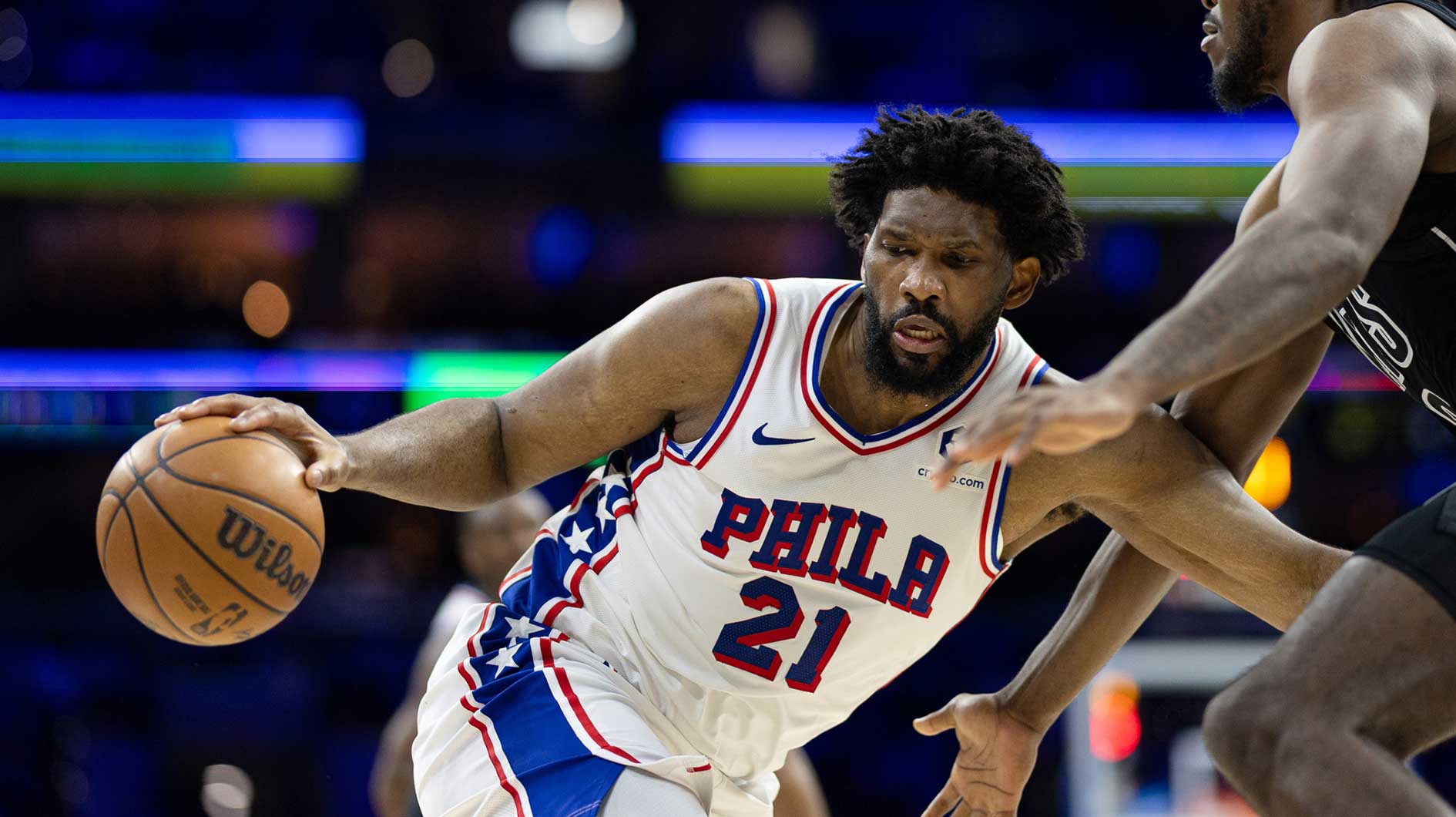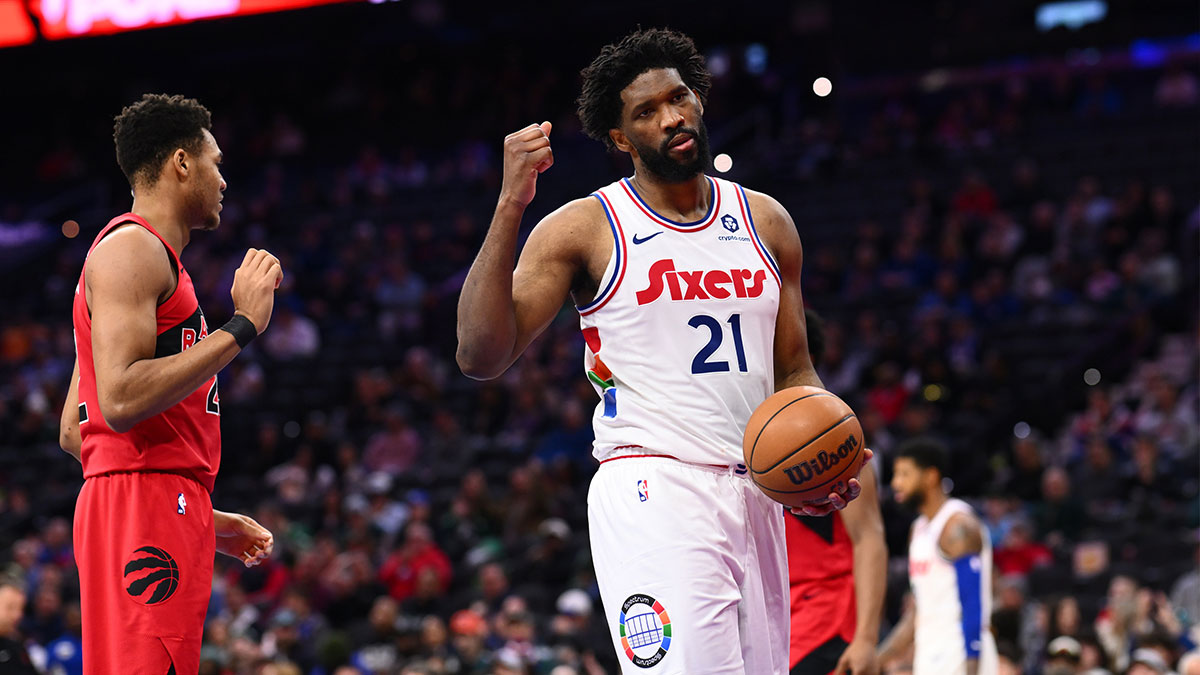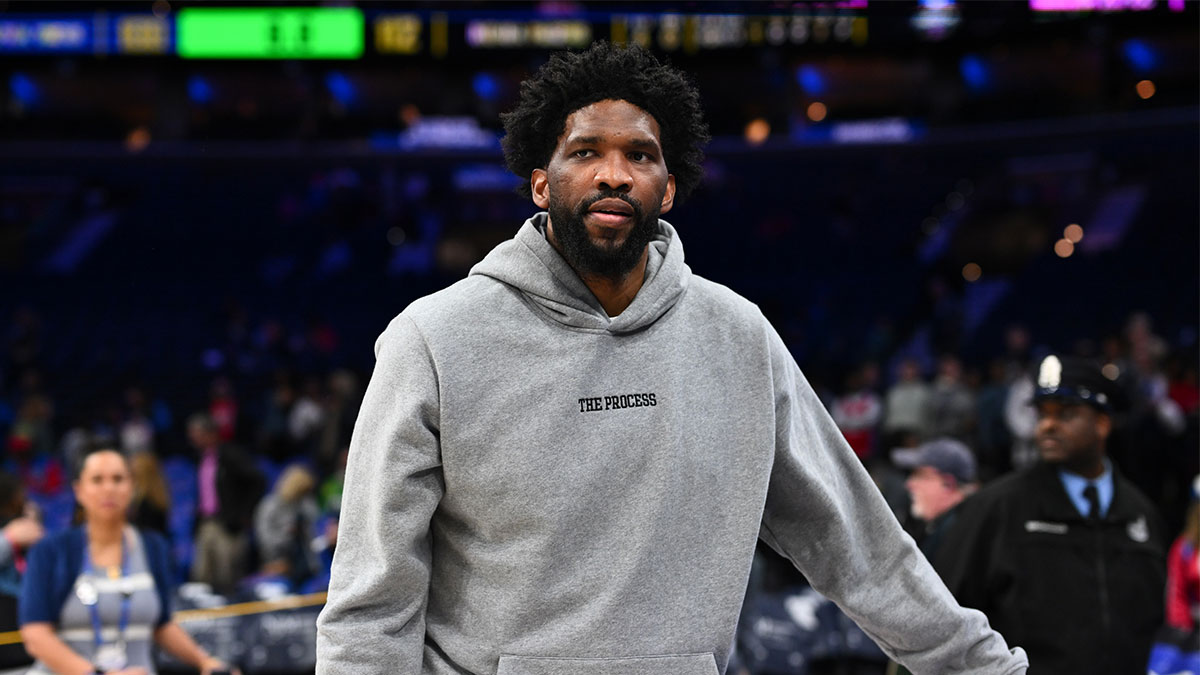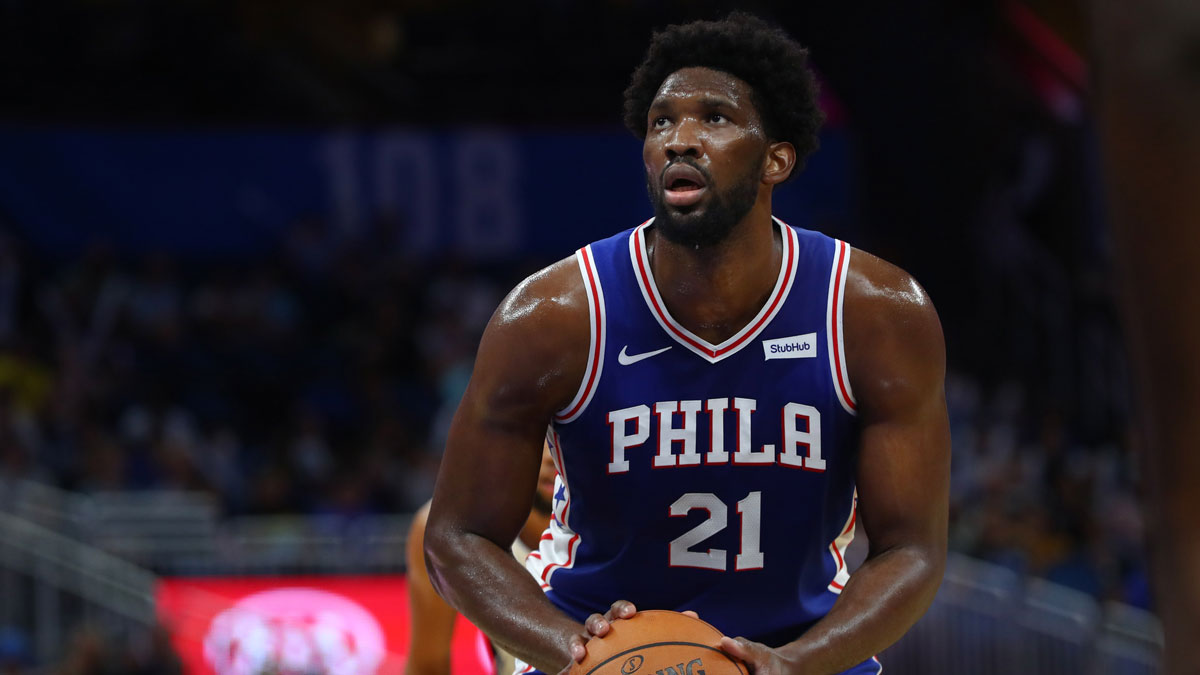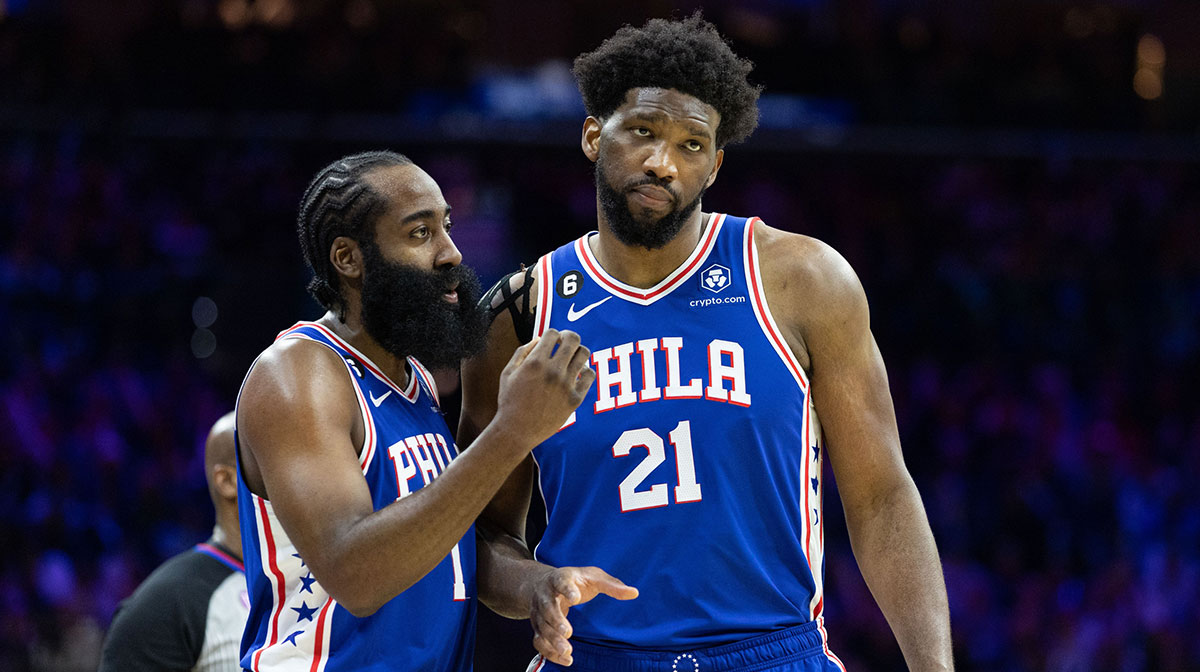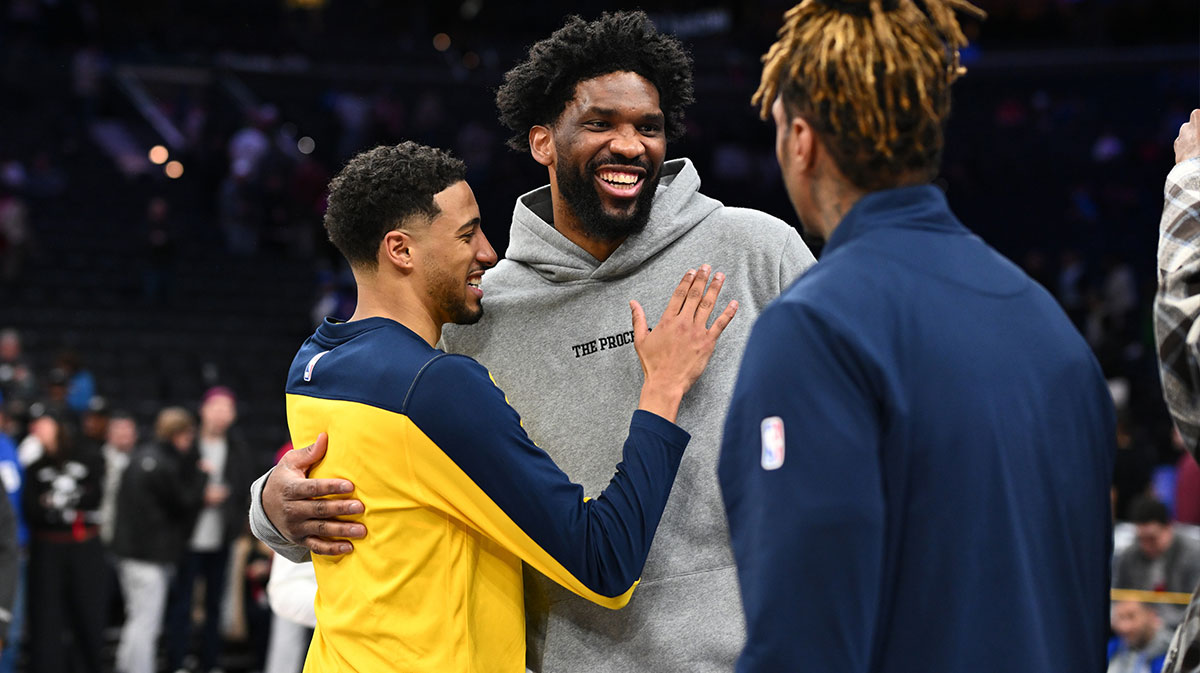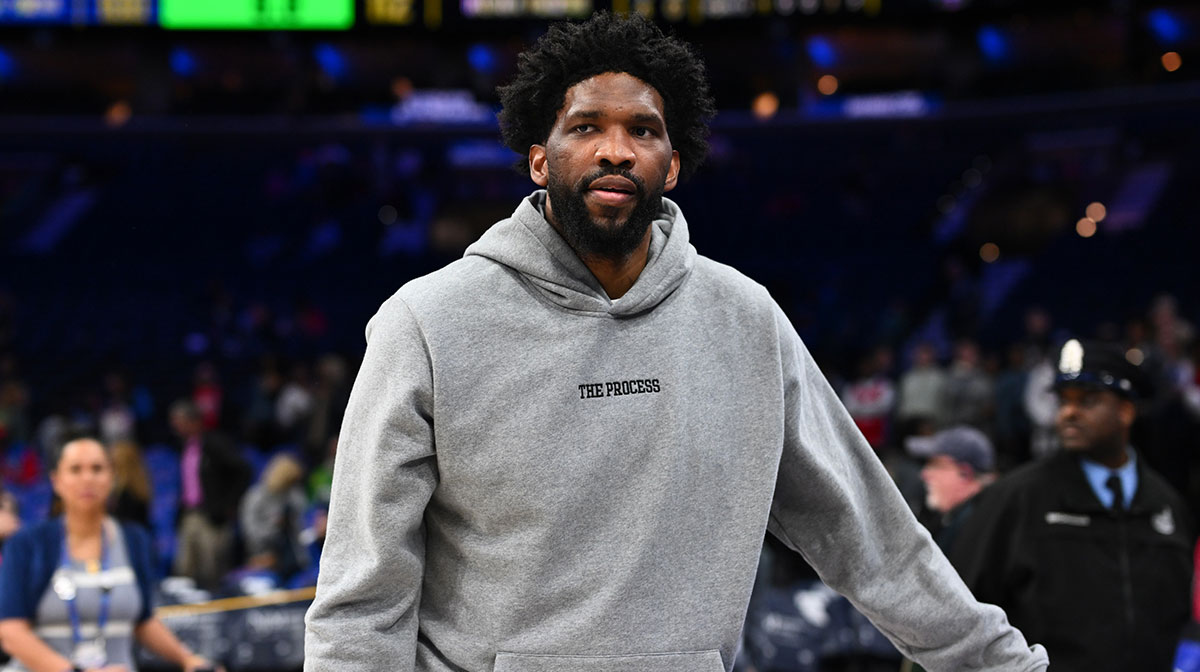It sounds reasonable in theory, on a purely conceptual level: The Philadelphia 76ers shouldn't trade Ben Simmons in the offseason. The Sixers could build his confidence, allow him to work on his shot and his mental game.
The Sixers could watch him improve, and then make the choice on whether to keep him or deal him before the 2022 trade deadline, with his trade value markedly higher than it currently is. It is not a ridiculous line of argument.
If the Sixers want to help Joel Embiid and take the next step toward a championship, it's entirely fair to advance the idea that Philadelphia needs to get back reasonable value in a trade for Ben Simmons. It is a legitimate point of debate. Waiting until the trade deadline isn't crazy, especially if Simmons does improve his shot and his mindset on the court.
Yet, as logical as that might seem — who doesn't want to get maximum value in a trade? — the cost of waiting might outweigh the benefit for the Sixers in this case.
Let's start with this basic point: Joel Embiid threw Ben Simmons under the bus after the Game 7 loss to the Atlanta Hawks. No, he didn't mention Simmons' name… because he didn't have to. EVERYONE knew who — and what — Embiid was referring to here:
Joel Embiid on Ben Simmons' mistake that led to Game 7 loss — "I thought the turning point was just we had an open shot and we made one free throw and we missed the other and then they came down and scored…" #Sixershttps://t.co/SMFMEWCmJL
— ClutchPoints (@ClutchPoints) June 21, 2021
Journalists and fans who follow the Sixers might not be unanimous on this point, but a very strong majority of them would agree that the organization failed Embiid this season. Embiid fought through a lot of pain to give the franchise his best effort. Coach Doc Rivers failed him. Tobias Harris failed him. Most of all, Ben Simmons failed him.
The “Trust the Process” mantra so closely associated with the Sixers over the past several years has bee validated by Embiid… and undercut by Rivers, Tobias, and most centrally Ben Simmons. The Markelle Fultz debacle is its own separate story, but in 2021, it's not a close call: Simmons became the weakest link on a team which had an ideal path to the NBA title.
Embiid and the vast majority of Philadelphia sports fans both know it.
When a player not only throws a teammate under the bus, but is entirely correct to vent that level of frustration — most Sixers fans certainly agree with Embiid that Simmons' decision to pass up a dunk late in a Game 7 is a career-defining moment for the Australian — that marks a point of no return.
The Rubicon has been crossed. There is no turning back from this. This can't be undone. The damage in the locker room is permanent.
Ben Simmons might improve his jump shot in the offseason, practicing in a gym. Let's say that happens. It wouldn't mean much unless or until Simmons tests his shooting form in live games. Let's say Simmons makes progress in that realm as well. It still wouldn't mean much if the playoffs arrive and Simmons becomes tentative.
How many years has Ben Simmons had to improve his jump shot and his overall offensive game? His resolution to work on his shooting this offseason might be sincere, but it invites an obvious question: Where was this last year or the year before that? Simmons has had a few years in which to do things the Sixers needed him to do… and he clearly hasn't put in the effort.
Joel Embiid and the rest of the Sixers can't have a teammate who has empirically been unwilling to do whatever it takes to win a championship.
Keep in mind that it's not just a matter of Ben Simmons shooting poorly. It's a case in which Simmons is afraid to shoot. Passing up a dunk has nothing to do with shooting technique or free-throw percentages. What kind of player — what kind of teammate — passes up a dunk late in a Game 7?
This brings up the basic point that the behavior of a teammate isn't measured solely by his temperament or his level of emotional volatility. Performance and professional conduct also reflect how trustworthy a teammate is. A good teammate might get angry with his fellow players a lot, but if he is willing to take shots when the game is on the line, and he clearly does everything within his power to try to help a team win, that reflects a commitment to winning, which is the ultimate expression of care and concern for teammates.
Ben Simmons showed Joel Embiid and his other Sixers teammates that he can't (won't?) do everything in his power to help Philadelphia win. A locker room can't have that kind of teammate one second longer.
So what if Ben Simmons has tanked his trade value? The Sixers can't wait until winter to get a better return in a deal for him. The Sixers would gain value by reducing their financial commitment to Simmons. As they have shown in the Seth Curry-Josh Richardson trade, they can get considerable value without having to give up the store. Seth Curry did far more to help the Sixers against the Hawks than Simmons.
Daryl Morey is shrewd enough to find the right pieces in exchange for Ben Simmons. He can get players who will fit with Embiid and who have a winner's mentality, such as Danny Green, whose injury against the Hawks mattered more than some were willing to admit.
One final point here: It's not as though the Sixers lost an amazingly great seven-game series to a LeBron James team or a Steph Curry-Klay Thompson team. They lost to the Hawks, a No. 5 seed. They lost to an Atlanta team with very little playoff experience which was without key performers De'Andre Hunter and Cam Reddish. They lost after leading 2-1 in the series and having massive leads in Games 4 and 5.
Even if Ben Simmons is moderately better next season, he still won't be a quality shooter. Modest improvement would mean that Simmons might make three or four more free throws per game than he currently does, and that he might take six shots instead of none in fourth quarters. He might score seven more points in fourth quarters than he did in these playoffs.
That's not nothing… but it's not worth the kind of money the Sixers have committed to Ben Simmons. More precisely, it's the level of improvement which might beat the Atlanta Hawks in the playoffs if the Sixers get a rematch next year… but it won't beat a healthy Brooklyn Nets team, or an improved Milwaukee Bucks team, or a rejuvenated Boston Celtics team which finds the right coach and the right roster mix.
Joel Embiid and the Sixers ought to be in a win-now mode. This is their window to pursue an NBA title. Ben Simmons is a bad teammate because he is unwilling to do whatever it takes for his team to win. Beyond that, he could improve next season and still leave the Sixers far short of what it would take to beat a fully healthy Nets, Bucks, or Celtics team in the East (not even mentioning a healthy Lakers or Warriors team in the NBA Finals).
The Sixers would love to get full value in a Ben Simmons deal, but that is a dream and not the reality they have to face right now. Philadelphia needs an immediate cleansing of its locker room and its internal culture.
That means Ben Simmons must go.
Joel Embiid and the rest of the organization need a fresh start. Moreover, they deserve it. If Simmons needs three or four years to reach his full potential as a player, the Sixers can't wait that long… and that means they can't wait until winter for an ideal trade package to emerge. They have to act this offseason and start a new process of transformation.
That is the process the Sixers have to trust right now.

